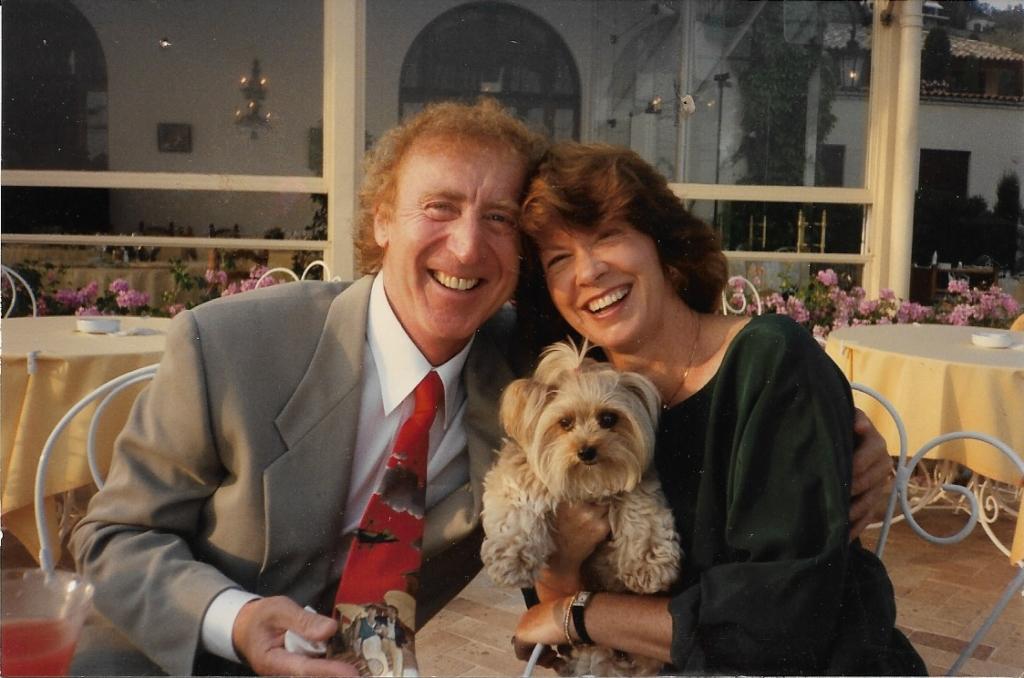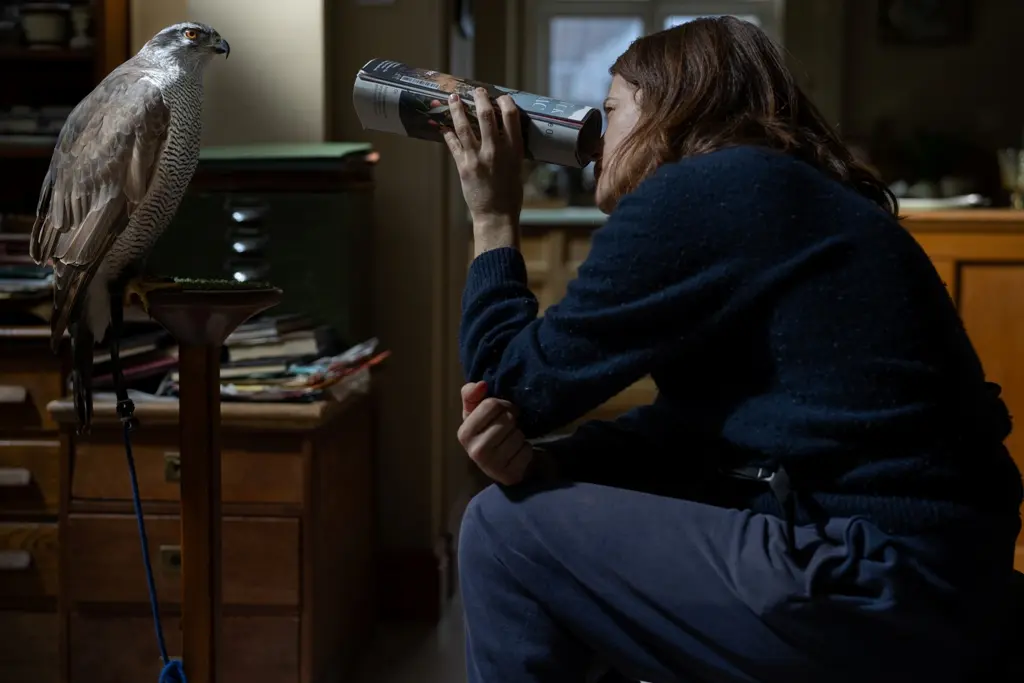NR | 1h 32m | Documentary, Film History, Biography | March 15, 2024
Born Jerome Silberman on June 11, 1933, in Milwaukee, Wisconsin, Gene Wilder was in exactly the right place at the right time, and eventually became the premier comedic actor of the early 1970s.






